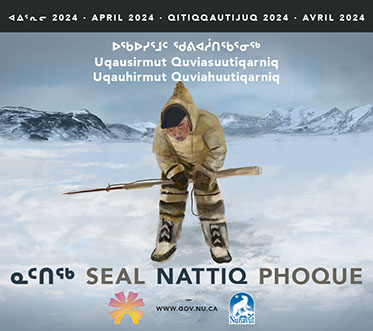Harper says full protection of Arctic impossible
“We have to be realistic”

In Resolute Bay on Aug. 23, Prime Minister Stephen Harper shakes hands with some of the emergency responders involved in the rescue efforts for First Air Flight 6560.
MIKE DE SOUZA
Postmedia News
RESOLUTE BAY — Deployment of full emergency resources across Canada’s North is impossible, Prime Minister Stephen Harper said Aug. 23 after meeting with rescue workers who responded to a fatal plane crash last weekend.
“Part of the drill here is how quickly things can be moved up and deployed from the South as well,” said Harper, who is on his sixth annual summer tour of the region.
“We have to be realistic. There is no possible way in the vastness of the Canadian Arctic we could ever have all of the resources necessary close by. It’s just impossible.”
The Canadian military rushed to the scene Aug. 20 with fire trucks that had been previously transported to the North for an annual emergency training exercise, Operation Nanook, which wound up dealing with a real emergency when First Air flight 6560 crashed into a hillside near the Resolute Bay airport.
A Toronto-based public affairs officer from the navy said it took a split second for it to sink in, during a lunch-hour break, that the alarm was not a simulation. “I had a tray of food, and someone grabbed me from behind and said, ‘No duff,’ which means, this is real, that’s the military code,” said Lt.-Cmdr. Albert Wong. “That’s basically what everyone heard – a plane
crash, 737, and all of us started running to our posts.”
Three survivors were soon airlifted out to hospitals in the South. Officials said that if there had been no training exercise, it might have taken hours, instead of minutes for emergency equipment to arrive and rescue survivors.
Harper said under normal circumstances, it would mean that local first responders would move quickly to the scene of an emergency, before the military arrives.
“That’s what the exercise this week is all about,” said Harper, speaking in a tent with strong winds blowing in the desert terrain outside. “The plan is to be able to move here quickly when we need to. That’s what was done this week, obviously under very fortunate circumstances in terms of where the resources already were, but the practice here is to be able to
do it under different circumstances, just as quickly.”
Harper praised military and other rescue workers for their efforts.
Harper, who met with some of the personnel, said they were instrumental in saving lives that otherwise might have been lost.
“The Canadian Armed Forces’ success in conducting large-scale operations in the North is a testament to their training, professionalism, and outstanding ability to perform in the most harsh and rugged regions of the world,” Harper said.




(0) Comments